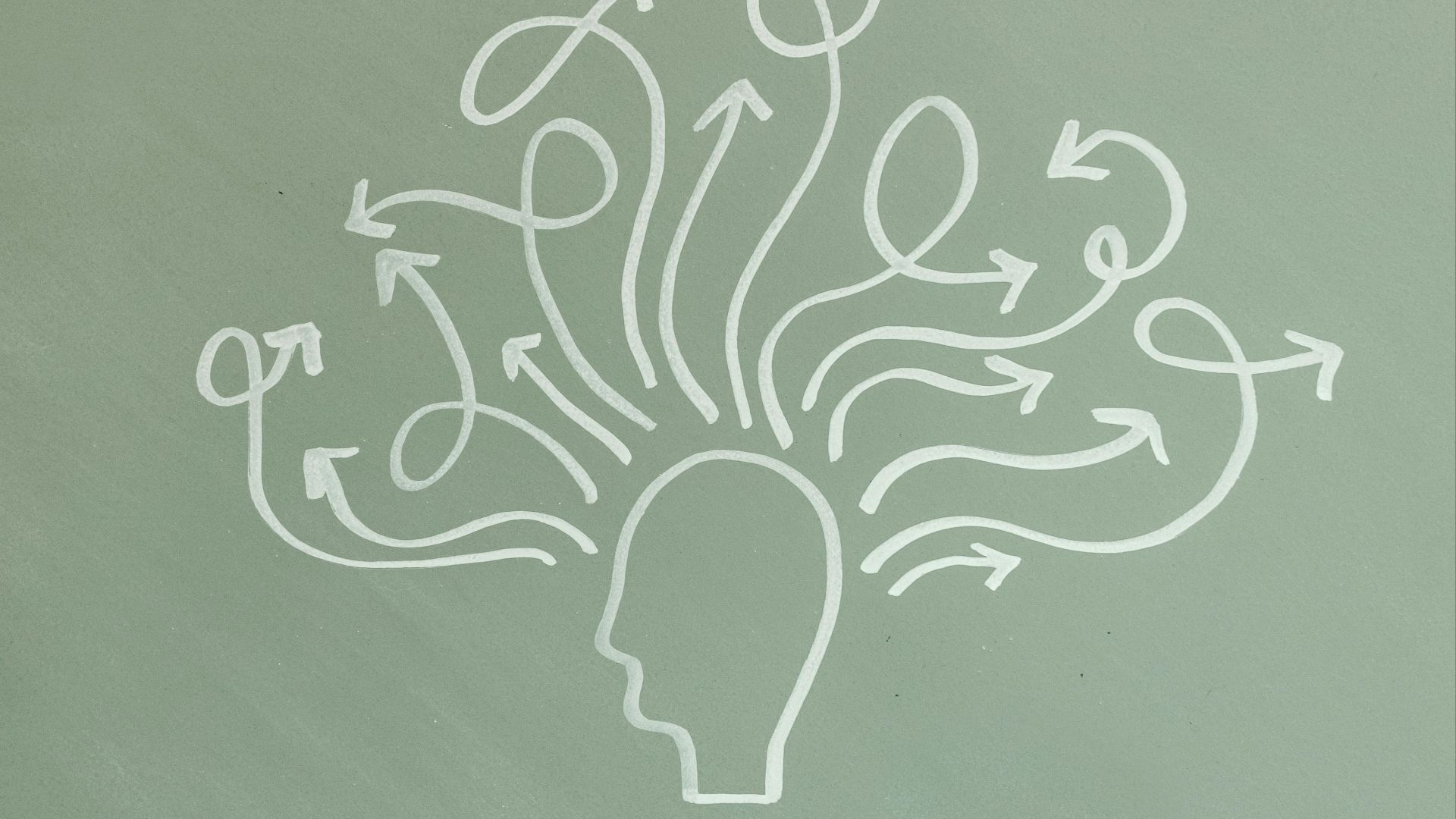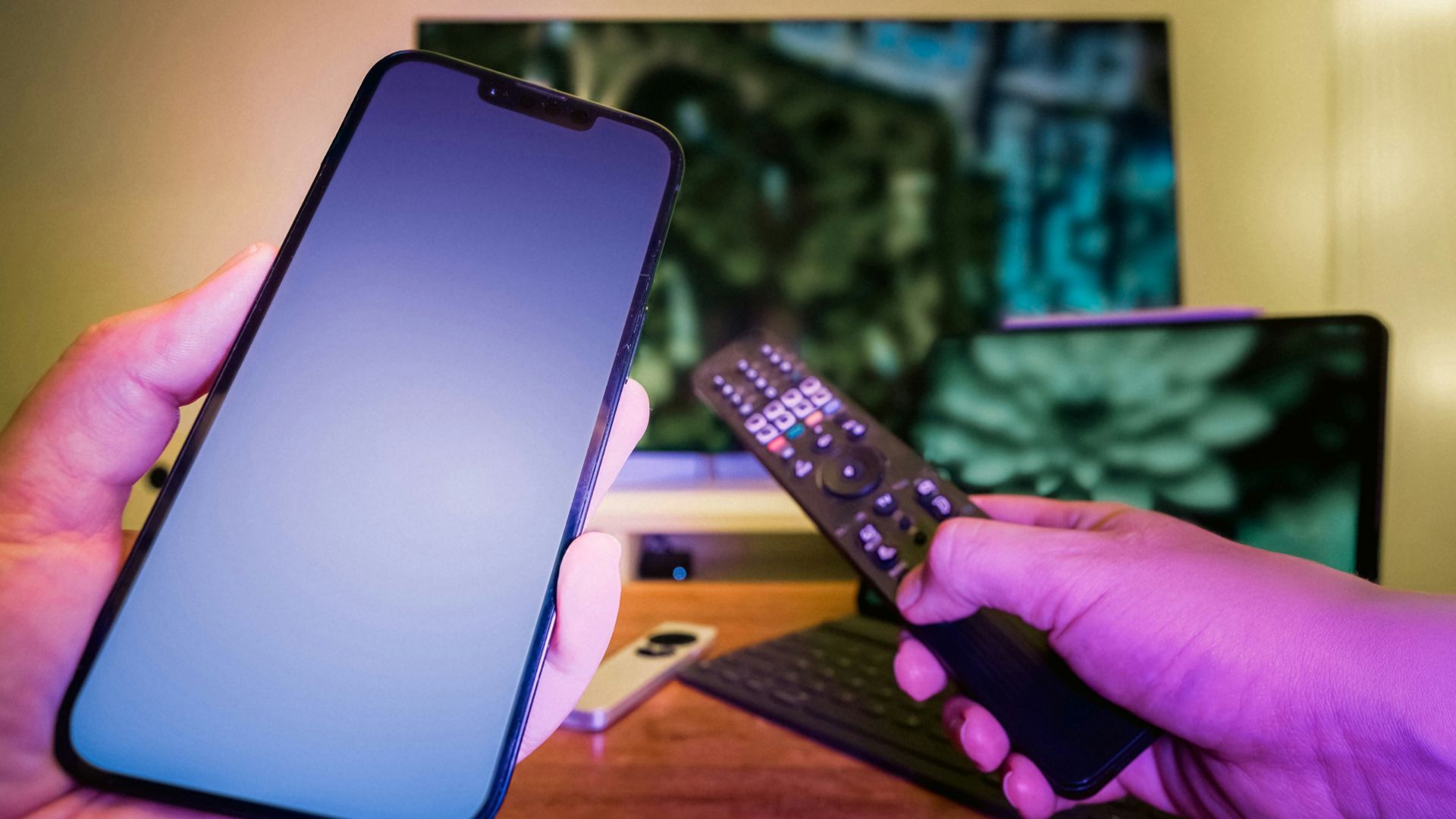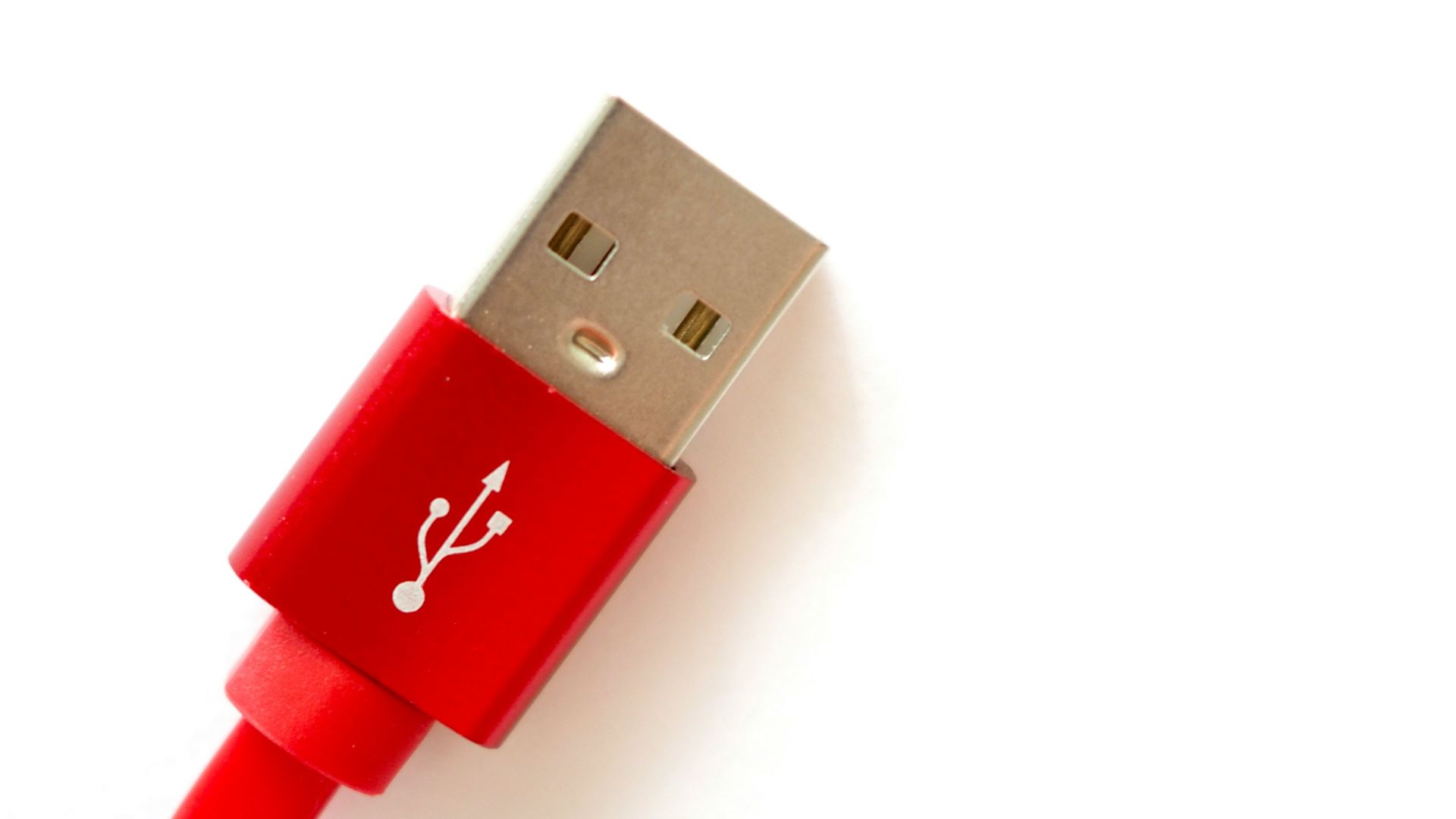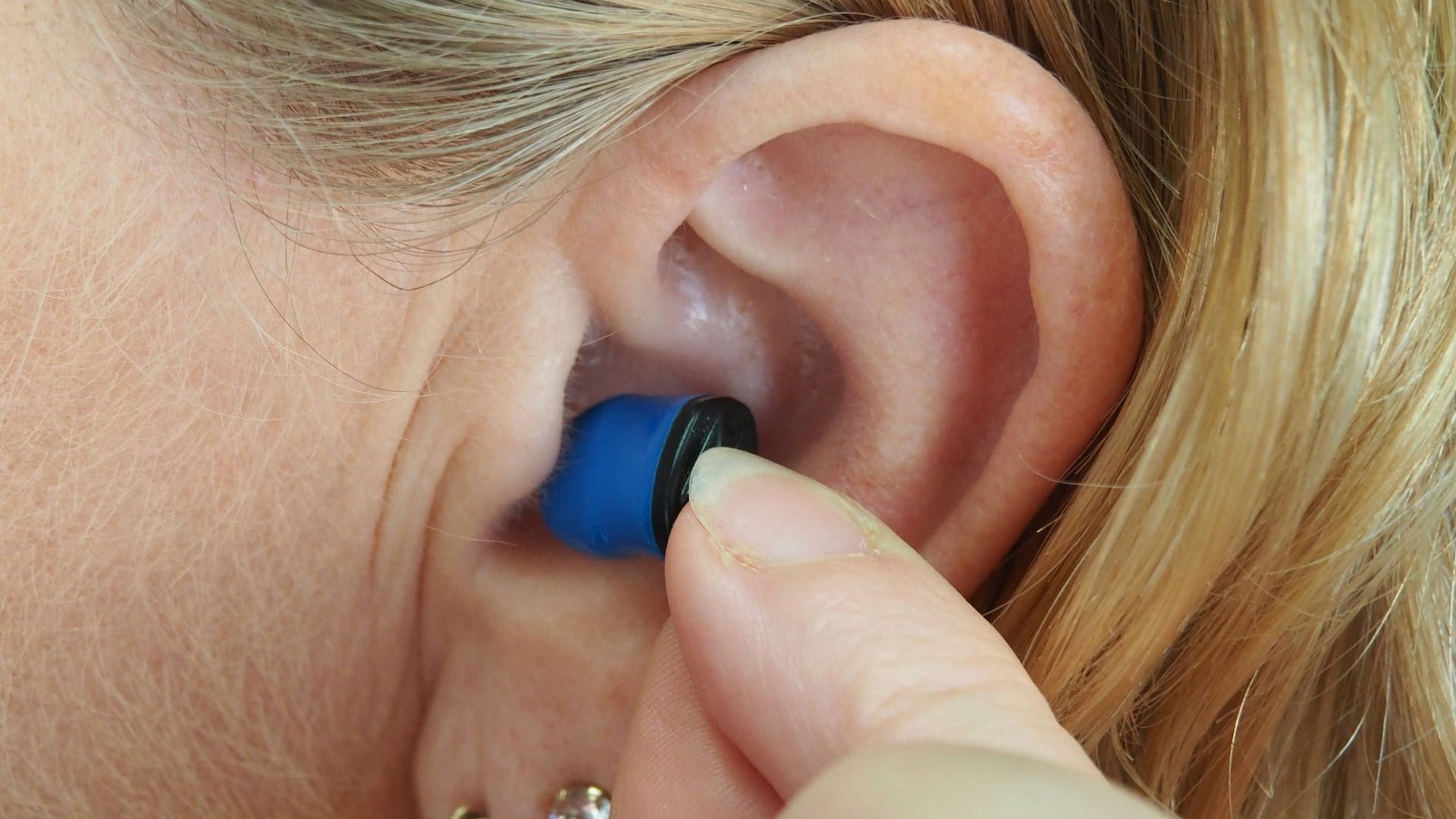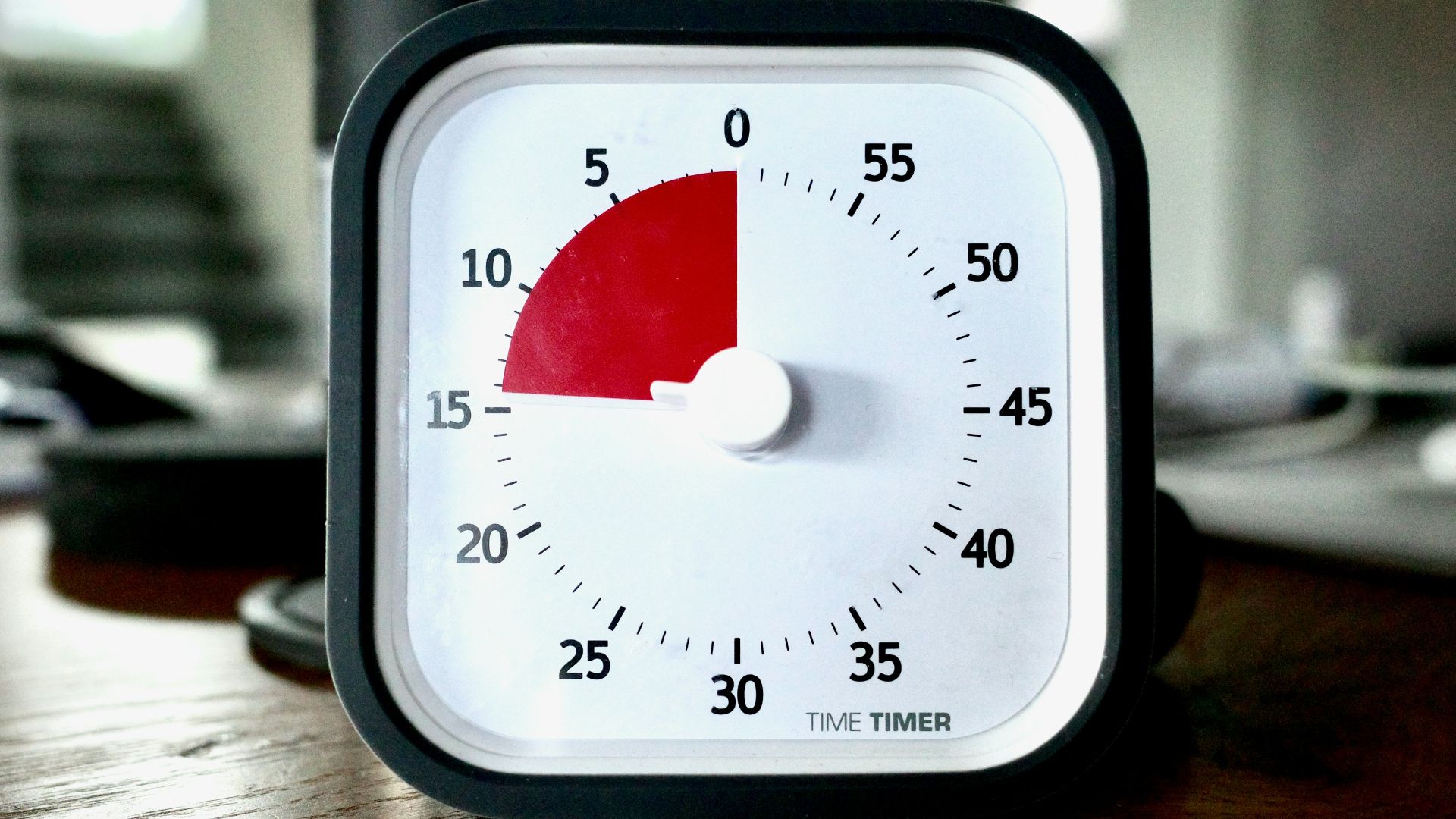Rebuild Your Focus
The average human's attention span is a measly 8.25 seconds, which puts us behind goldfish's 9 seconds. Worse, it keeps going down thanks to our increasingly digital world. However, all is not lost; if you feel like your attention span is slipping out of your grasp, here are 10 warning signs and 10 ways to recover it.
1. Careless Mistakes
A short attention span can lead to doing tasks as quickly as you can, which may result in careless mistakes. Mistakes such as making typos in your work emails, or throwing that expensive dry-clean only blouse in with a load of towels. When you don't take the time to do things with care, you'll find yourself paying for your mistakes.
2. Difficulty Reading
If you used to love reading but now have difficulty sitting down with your favorite series, you may have a poor attention span. This problem manifests in two distinct ways; the first is having difficulty sitting down and reading without distractions. The second is having difficulty understanding what you're reading.
3. Inability To Complete Tasks
Maybe you started putting away laundry but got distracted by rummaging through that old shoebox at the back of the closet. Maybe you got all the ingredients out for dinner but sat down to watch Friday night football instead. Whatever it is, an inability to see simple tasks through is one of the signs of a poor attention span.
4. Need For Stimulation
A brain with a poor attention span is in dire need of stimulation, it just may not be the right stimulation. Do you find that you can't focus without listening to a podcast? You may not be any better than teens who need subway surfers open on their phone to watch a movie.
5. Poor Time management
Poor time management isn't just about wasting the time you're given. Poor time management can also take the form of disorganization or feeling overwhelmed. Or, you may prioritize minor projects while foregoing more important ones.
6. Forgetfulness
Where did you put that other sock? What was it you were going to look up? Did you have a question you were going to ask at the end of the meeting? The answers to those questions are gone with the wind.
7. Indecisiveness
Even the most well-trained brains have a finite amount of brainpower, but those with shorter attention spans may find themselves feeling mentally exhausted. This sort of exhaustion can lead to decision paralysis. Decision paralysis isn't just being unable to choose, but it can also lead to impulse purchases solely to say that you've made a decision.
8. Reliance On Social Media
According to psychologists, social media is one of the key factors that's depleting our attention spans. Scrolling and short-form content give you a hit of a dopamine, which makes you want to ignore your responsibilities. If you find yourself opening Instagram seconds after closing it, the call may be coming from inside the house.
 Mariia Shalabaieva on Unsplash
Mariia Shalabaieva on Unsplash
9. Prone To Distraction
This may seem like a no-brainer, but an inability to stick with one train of thought or one project is a sign of a poor attention span. While many people believe that a poor attention span directly correlates to ADHD/ADD, this isn't the case. Anyone can have a poor attention span.
10. Restlessness
A poor attention span can lead you to feel like you have to be doing something, but you don't necessarily know what it is. You know how dogs can get the zoomies? The same thing can happen to people with poor attention spans.
Now that we've discussed some warning signs of a waning attention span, let's look at some ways to get it back!
1. Unplug
Having a poor attention span is nothing to be ashamed of, and recognizing the problem is an important first step in confronting it. The easiest way to do this for most people is by limiting screentime. Put your phone in Do Not Disturb mode or leave it in another room while you work. You'll be surprised by how quickly your attention span bounces back.
2. Go For A Walk
On that note, go for a walk and leave your phone at home. Life goes so fast nowadays that one of the most radical acts you can do is slow down. Plus, some light exercise will keep your brain and body limber.
3. Meditate
Meditation has been linked to increased brain function and focus. Your brain may not be a muscle, but it needs to be worked out like one. Meditation gives you time to focus and redirect your thoughts which can help get your attention span back.
4. Drink Water
While caffeine has been linked to improved processing speed, you shouldn't rely solely on coffee, tea, or energy drinks to keep your brain active. A dehydrated brain is a distracted one. Even two hours of dehydration can have a serious impact on your ability to focus.
5. Create Routines
Routines and time blocks can make overwhelming days easier to handle without letting your mind get away from you. Carving out a half-hour to catch up on emails and voicemails will keep you from juggling duties throughout the day. This can also apply to off-hours, such as reading with breakfast or before bed.
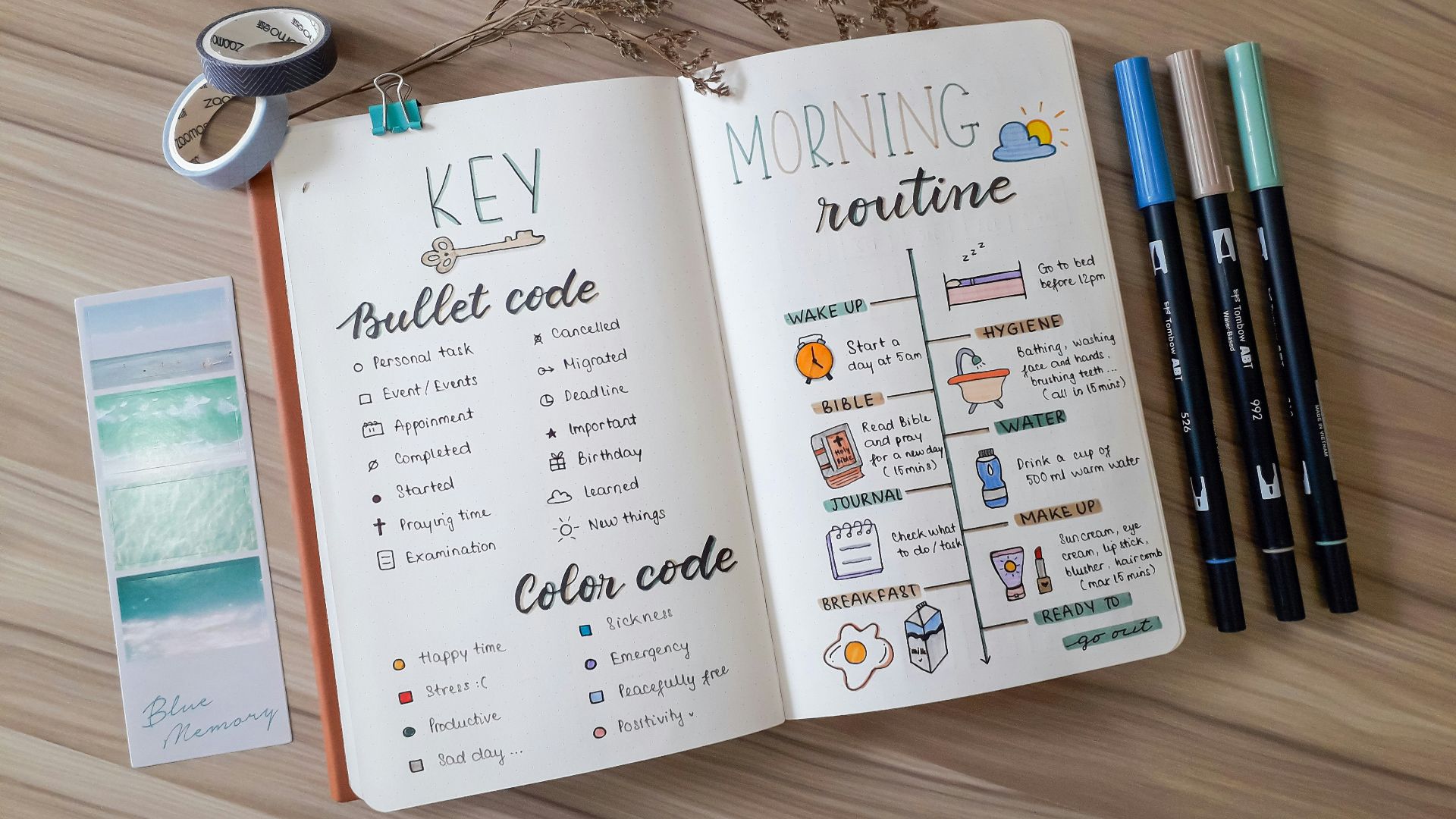 Ngo Ngoc Khai Huyen on Unsplash
Ngo Ngoc Khai Huyen on Unsplash
6. Do Puzzles
Remember how we said your brain is like a muscle (testing your concentration here)? Well muscles need workouts and fun to be at their best. Brain games such as crossword puzzles or Sudoku can develop your short-term memory and problem-solving skills.
7. Chew Gum
It's not a myth, chewing gum really can improve your attention span! Studies have shown that chewing gum while studying can lead to higher test scores; this performance can easily be mapped onto adult responsibilities. Chewing gum keeps your brain engaged and your cortisol down; it also gives a boost of glucose to your brain.
8. Limit Distractions
Electronics are, obviously, the biggest source of distractions we deal with today, but distractions can come in all forms. Noise, especially can be overstimulating. You can combat this by keeping your workspace quiet or investing in a pair of ear plugs.
9. Set A Timer
Time-blocking can help with focus, but you need a break too. Breaks are only a bad thing when they're so frequent they keep you from getting any work done; they're necessary for preventing burnout. Try using the Pomodoro method, which schedules 5-minute breaks in between 25-minute work blocks.
10. Fall Back In Love With The World
A screen is a small thing compared to the big, beautiful world outside of it. While we encourage you to practice mindfulness while walking, you shouldn't shut your brain off entirely. Read street signs and license plates; listen to bird calls, focus on on the natural world.


